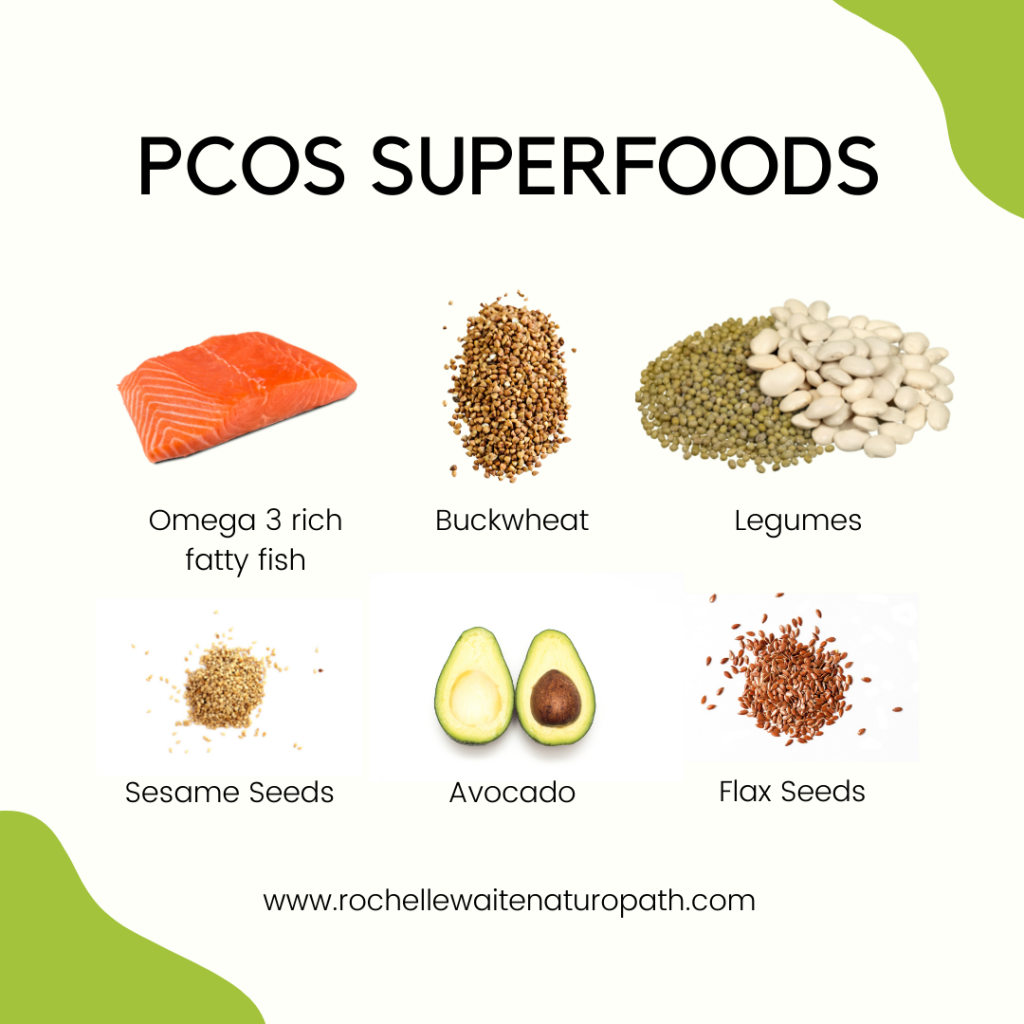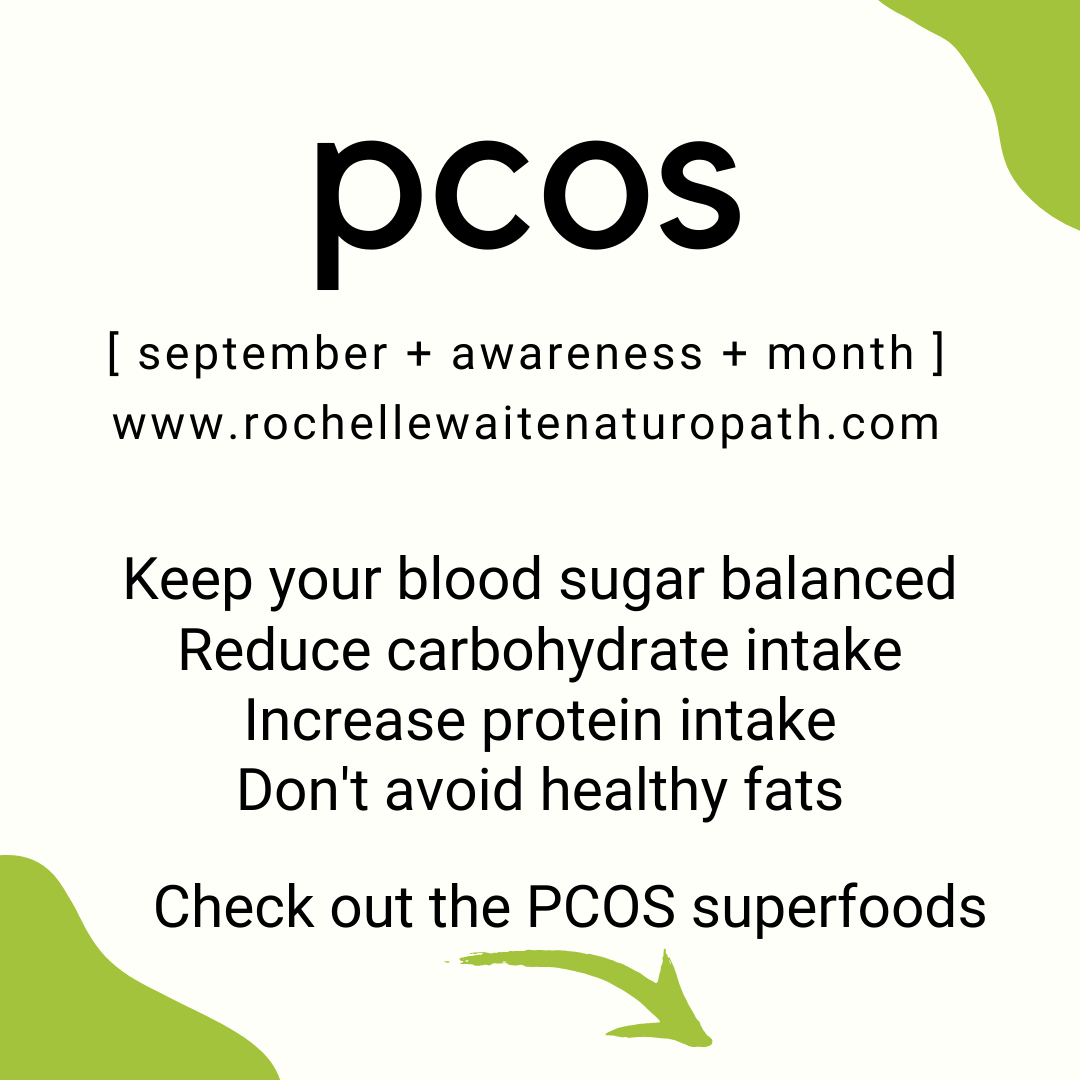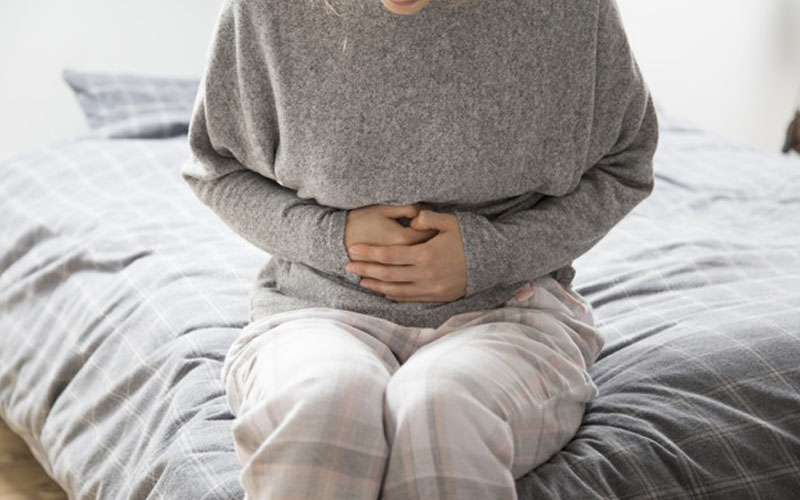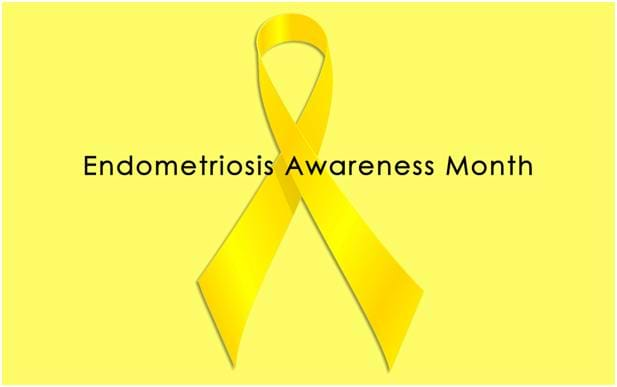PCOS is a condition that 5 -10% of women of childbearing age in the Australia have, experiencing chronic symptoms including:- weight gain- hair loss- hair growing in unwanted places (chin, breasts, lower belly, etc.)- depression- irregular or absent periods- acne
PCOS is also responsible for 70% of infertility issues in women who have difficulty ovulating, as well as increased risks for prenatal problems including miscarriage and gestational diabetes in women who do become pregnant with this condition. For a subset of women, there is also an increased risk of diabetes and heart disease.
After years of working with women with PCOS, I can say there’s really no end to how this condition can impact quality of life, self-esteem, and mental health. But, in my years of working with women with PCOS, I can also say that there’s actually a lot we can do for PCOS; there is healing, there is relief, and, in my experience, there is actual reversal of the root cause.
Some top tips for the control of PCOS
Balancing blood sugar reduces inflammation and reverses the insulin resistance often driving PCOS, leading to reductions in androgens and related symptoms.
Moderate restriction of fast carbohydrates while increasing protein + healthy fats, decreases testosterone, improves insulin sensitivity, and reduces symptoms.![]()
Omega-3-rich fish at least three times a week can reduce insulin resistance + inflammation![]()
2 tbsp. of flaxseed per day to lengthen luteal phase, improve ovulation, and reduce testosterone levels.![]()
Other useful foods
Buckwheat – may be helpful in improving blood sugar balance and reducing insulin resistance.![]()
Sesame seeds – can reduce elevated androgen levels by improving DHEA-S and SHBG (sex-hormone- binding globulin) levels.![]()
Legumes (chick peas, kidney beans, and non-GMO organic soy) are a rich source of inositol

Remember!! this doesn’t have to be an all or nothing approach, you can combine these strategies with conventional therapies to create a protocol that feels right to you.
If you would like personalised support for controlling PCOS and gaining control of your life, I can design a program for you filled with diet and lifestyle changes that can help treat your underlying causes.





